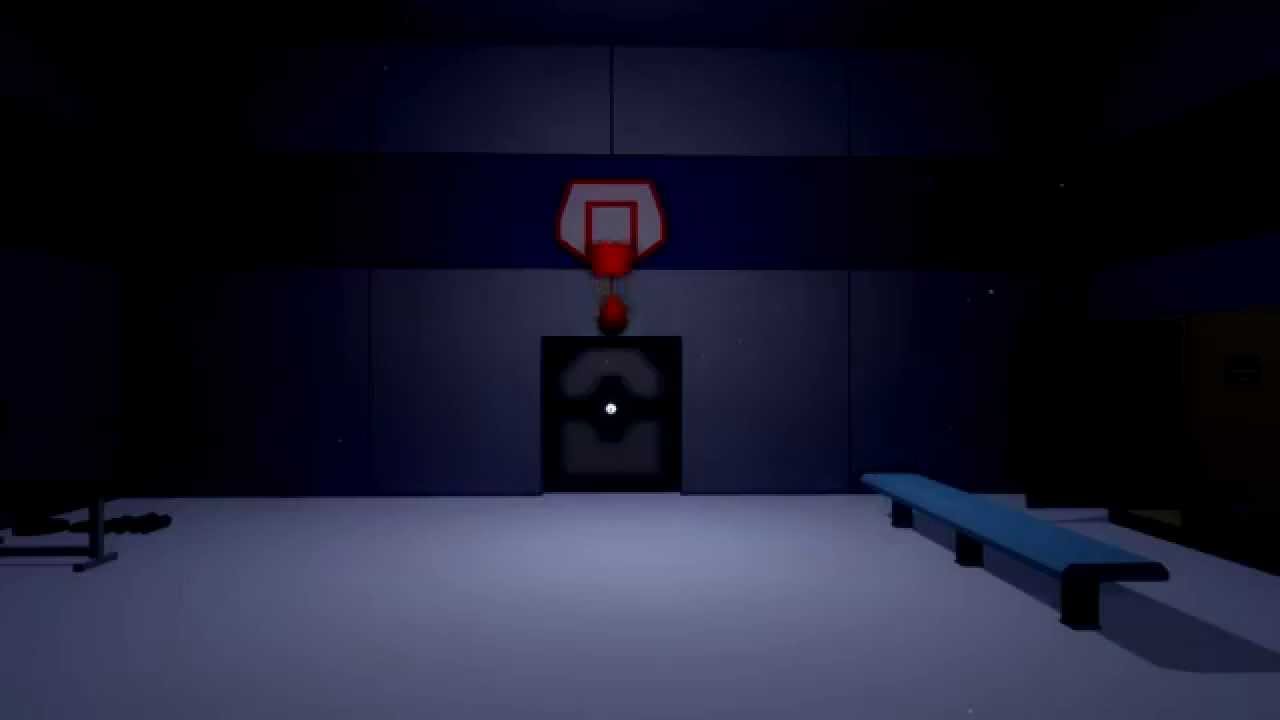Version Tested: PC
Also available on: Mac, Linux
Developer: Allen Trivette, Lee Williams
Publisher: Night Dive Studios
Genre: First Person Adventure, Psychological Horror
At the farthest edge of the explored universe, the research ship Xanadu slumbers in orbit around
a mysterious planet. Her systems remain active but there has been no message from her crew for
months. Now a lone operative has been sent to wake the Xanadu and bring her home to Earth.
In development since Feb. 2013, Spirits of Xanadu is an atmospheric exploration game set aboard
a deserted starship in an alternate 1980s. It draws inspiration from classic sci-fi films and games to
create an immersive and highly interactive environment, featuring puzzles and FPS elements in the
service of a unique and layered plot.
Spirits of Xanadu is all about getting under your skin and remaining there. It is an adventure game in the truest sense of the word; once you know the layout of the ship, reaching the game’s easy ending can be done in under an hour. However, this is not a game where your goal should simply be reaching the end. Spirits of Xanadu makes you want to explore every inch of its decrepit spaceship in order to solve the mystery of what happened to the crew on board and, now, what is happening to you. It brings to mind classic games like System Shock 2 and Eternal Darkness, and does a great job of immersing you into its creepy environment.
When the game begins, you find yourself onboard a small spaceship about to dock with the ship Xanadu. The game tosses a few hints your way to get you started in the form of an audiolog and a written sheet telling you your orders: fix the ship and get it home. That’s about all the handholding you get in Spirits of Xanadu. The game asks you to be smart and deductive in how you work your way through the ship, what problems need to be addressed, and how to avoid being killed by the robots gone amok onboard. Speaking of robots, they come in four varieties: the stationary turret, the humanoid looking robot who is so excited to play basketball that he explodes, the flying blade spinner robot, and the extremely dalek-esque guard bot.

It is in combat that Spirits of Xanadu suffers the most. For one, the controls never feel tight when aiming. Second, most enemies can be killed in a single powered up shot, so, unless you are swarmed, there is no real danger of death. And finally, if you die, you restart at a fixed spawn point with your progress the same and enemies do not respawn. This aspect kills some of the tension that the game does so well in building, as I was never worried about sneaking past the robots or picking my times to fight, since I knew it would not impact my progress. I found myself wishing that Spirits of Xanadu had left out the combat and just been a game about exploration and atmosphere, since those are infinitely stronger aspects of the game.

Atmospherically, the game brings together aspects of many tried-and-true universes to build its unnerving presence. There are aspects of Alien, Doctor Who, Lovecraft, and Stanley Kubrick to mention just a few. There is also a constant nagging feeling of being watched, or of not knowing what is real and what is not, that brought back memories of playing Eternal Darkness for the Nintendo 64. Some games are in-your-face with the scares: Outlast and Five Nights at Freddy’s come to mind. I did not realize that Spirits of Xanadu was actually getting to me until I nearly jumped out of my skin because the ship’s automated intercom came on to make a routine announcement. I was so intent on figuring out what was happening that I found myself completely immersed in the game, and that’s a testament to the excellent job developers Allen Trivette and Lee Williams did in crafting the atmosphere of their game.

To discover the fate of the Xanadu, you must search the environment for clues as you work your way through the ship. These clues come in the form of audio logs left by the crew members, written pages scattered throughout the ship, and emails sent to and from the crew. You slowly start to piece together that there is someone or something aboard the ship of immense power that drives people to madness. There are ominous environmental clues scattered about the ship as well, and it becomes clear as you collect more of the pages and audio logs that the crew did not fare well against the thing that got onboard their ship. It has also begun to affect you, and you will find yourself hallucinating as you explore. The audio logs have excellent voice acting, and the hallucinations keep you constantly thinking about whether or not what you are seeing is real. Overall, the game makes you not want to complete it until you have found everything, which is very difficult to do.
The audio in the game is top-notch, and the graphics are serviceable. Spirits of Xanadu has a blocky presentation style that works to reflect the setting of the game. The visual style would not work with too many genres, but for an atmospheric adventure game they do just fine. Do not go into it expecting to flex your GPU. That being said, there are still some pretty sights to see that further the great mood that the story and audio-direction set.

Overall, Spirits of Xanadu is a game that most people would really enjoy if they would give it a chance. It is a shining example of an interactive story; you get out of it what you put into it. It masterfully builds tension to the breaking point, and you may find yourself laughing at your own level of investment when something mundane snaps that tension. It truly constructs a world that you become a part of, and the creepy atmosphere sticks with you from beginning to end. In this way, Spirits of Xanadu pays homage to and captures the spirit of those it clearly draws so much inspiration from. If you are a fan of slow-burn, creeping horror, you should give Spirits of Xanadu a go. I do not think you will be disappointed.
What did you think of your experience with Spirits of Xanadu? Did it successfully unease you as well? Let us know in the comments!
[review]








